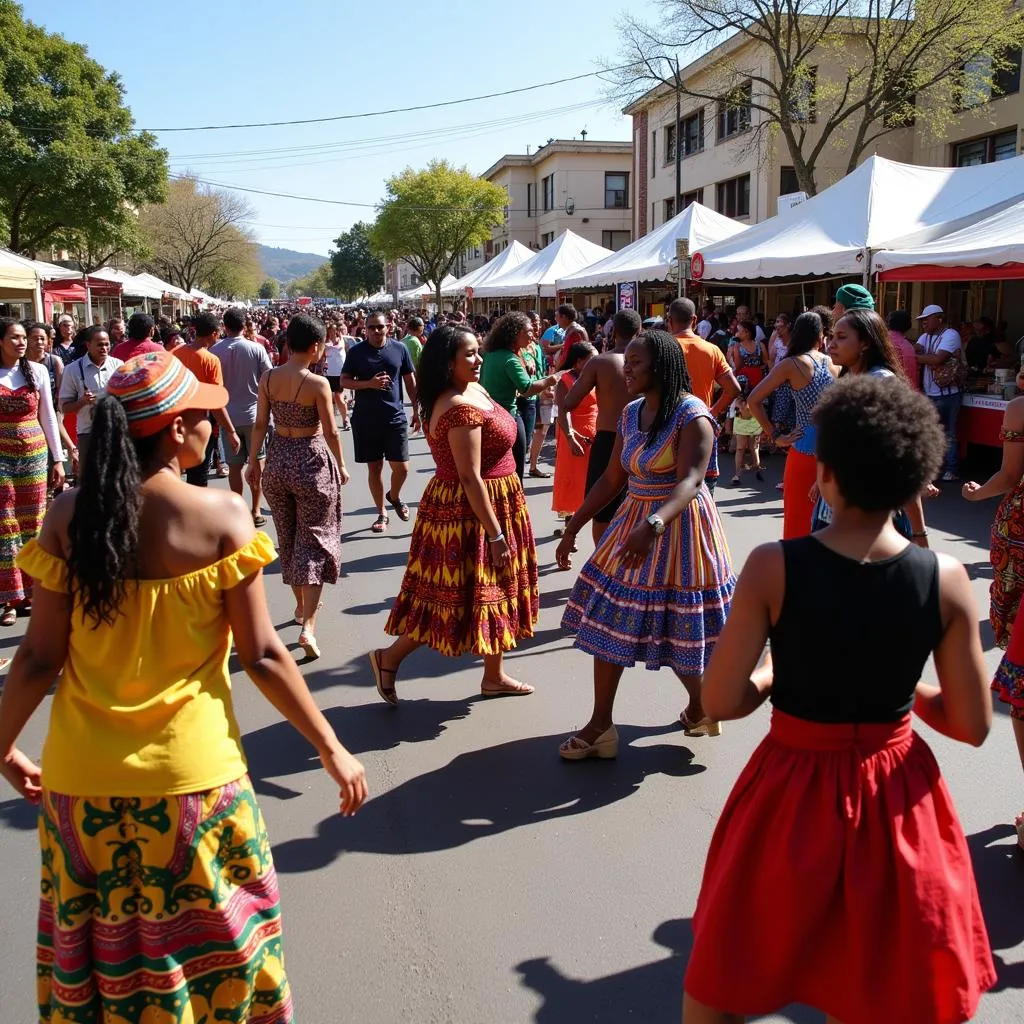The Timeless Beauty of African Black Wood Utensils
African Black Wood Utensils have captivated people for centuries with their rich, dark hues and exquisite craftsmanship. These beautiful and functional pieces are more than just tools; they represent a connection to African heritage, artistry, and a sustainable lifestyle. From intricately carved spoons to elegantly shaped bowls, African black wood utensils add a touch of elegance and cultural significance to any home. african brown texture
Unveiling the Allure of African Black Wood
African black wood, specifically referring to species like Dalbergia melanoxylon (commonly known as African Blackwood or Mpingo), is prized for its density, durability, and the beautiful polish it takes. This wood is incredibly strong and resistant to decay, making it ideal for creating utensils that can last for generations. Its deep, almost black color, further enhances its appeal, making it a sought-after material for both practical and decorative items. These qualities distinguish it from other woods, making African black wood utensils a unique and valuable possession.
What makes these utensils truly special is the skilled craftsmanship involved in their creation. Artisans across Africa, particularly in countries like Tanzania and Mozambique, have honed their skills over generations, passing down traditional techniques and intricate carving patterns. Each piece tells a story, reflecting the cultural heritage and artistic vision of its creator.
Are African Black Wood Utensils Sustainable?
Many people wonder about the sustainability of using African black wood. While the tree is slow-growing and considered a vulnerable species, efforts are being made to ensure its sustainable harvest. Organizations and communities are working together to promote responsible forestry practices, including replanting programs and controlled harvesting methods. When purchasing African black wood utensils, look for certifications that guarantee sustainable sourcing. This ensures you’re supporting ethical practices and contributing to the preservation of this precious resource. Choosing utensils crafted from sustainably harvested African black wood supports both the environment and the livelihoods of the artisans who create them.
Caring for Your African Black Wood Utensils
African black wood utensils require specific care to maintain their beauty and longevity. Hand washing with mild soap and warm water is recommended, avoiding harsh detergents or abrasive cleaners. After washing, dry the utensils thoroughly to prevent water damage. Occasionally, applying a food-safe mineral oil or beeswax can help maintain the wood’s luster and prevent cracking. With proper care, these utensils can become cherished heirlooms passed down through generations.
Choosing the Perfect African Black Wood Utensils
When selecting African black wood utensils, consider the style, size, and functionality that best suits your needs. Whether you’re looking for a single statement piece or a complete set, you’ll find a wide variety of options available. From simple, elegant designs to intricately carved pieces, there’s something to suit every taste and preference. By choosing authentic, handcrafted pieces, you are supporting the livelihoods of skilled artisans and contributing to the preservation of a rich cultural tradition.
Mr. Jabari Oyekanmi, a renowned woodcarver from Tanzania, states, “Every piece of African black wood carries a story, a connection to our ancestors and the land. When you hold one of these utensils, you’re holding a piece of history.”
The Enduring Legacy of African Black Wood
African black wood utensils represent more than just everyday tools; they embody the rich cultural heritage and artistic talent of African communities. By appreciating and supporting the craft, we contribute to its preservation and ensure that future generations can continue to enjoy the timeless beauty of these exquisite pieces. By choosing African black wood utensils, you are investing in a piece of art, a piece of history, and a piece of Africa.
Dr. Anika Olumide, a cultural anthropologist specializing in African art, explains, “African black wood utensils are not simply functional objects; they are expressions of cultural identity, embodying the skills, traditions, and artistic vision of their creators.”
In conclusion, African black wood utensils offer a unique blend of beauty, functionality, and cultural significance. These meticulously crafted pieces are a testament to the enduring legacy of African artistry and a connection to a sustainable lifestyle. Choosing African black wood utensils adds a touch of elegance and history to any home.
FAQ
- How do I clean African black wood utensils?
Hand wash with mild soap and warm water, dry thoroughly, and occasionally apply food-safe mineral oil. - Is African black wood sustainable?
Look for certifications guaranteeing sustainable sourcing to support ethical practices. - Where can I buy authentic African black wood utensils?
Research reputable vendors specializing in handcrafted African art and crafts. - What is the significance of the carvings on the utensils?
The carvings often represent cultural symbols, stories, and artistic expressions. - How can I tell if an African black wood utensil is genuine?
Examine the wood’s deep color, density, and fine grain, and inquire about the artisan’s origin and techniques. - Are African black wood utensils expensive?
Prices vary depending on the size, intricacy of carving, and the artisan’s reputation. - Can I use African black wood utensils for cooking?
While durable, they are best suited for serving and not for direct contact with high heat.
Situations that usually lead to questions
- Uncertainty about proper care instructions
- Concerns about sustainability and ethical sourcing
- Difficulty finding authentic pieces
- Curiosity about the cultural significance of carvings
- Questions about the price range and value
- Confusion about appropriate uses for the utensils
Related articles and further reading
- The Art of African Woodcarving
- Sustainable Practices in African Craft Production
- Exploring the Cultural Significance of African Art
For further assistance, please contact us at Phone: +255768904061, Email: [email protected], or visit us at Mbarali DC Mawindi, Kangaga, Tanzania. We have a 24/7 customer service team.




